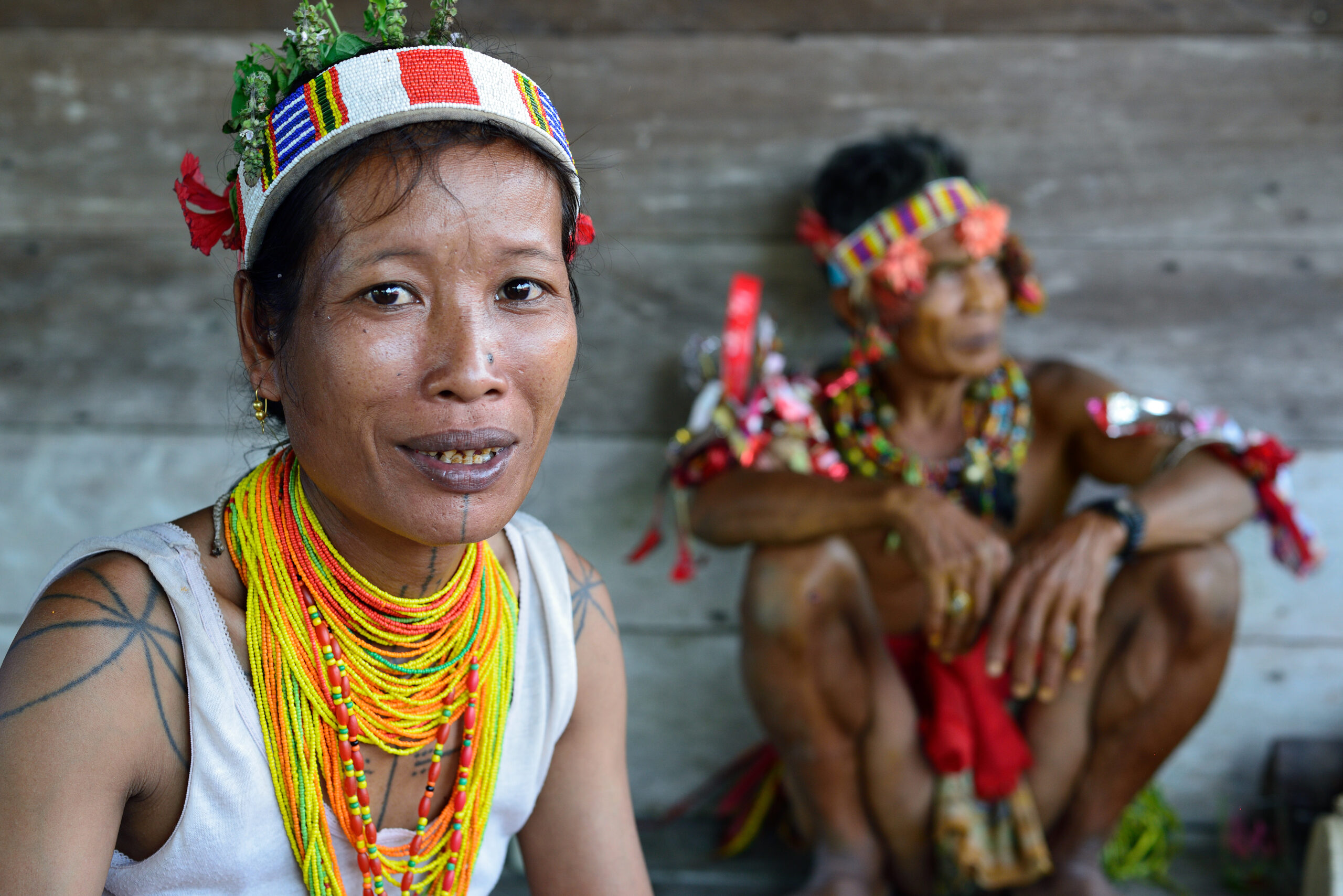FSC Indigenous Foundation Launches Global Development Alliance for Indigenous Peoples
The Indigenous Peoples Alliance for Rights and Development aims to create solutions to empower world’s Indigenous Peoples with long-term capacity to manage, develop, and govern their territories based on the principles of self-determined development, traditional practices, environmental conservation, and respect to their customary rights.

The FSC Indigenous Foundation is launching the Indigenous Peoples Alliance for Rights and Development (IPARD), a five-year, $13 million partnership to support the world’s Indigenous Peoples. The IPARD is part of a Global Development Alliance (GDA), a unique partnership between the U.S. Agency for International Development (USAID) and FSC International. The Foundation signed a cooperative agreement with USAID on August 12. The Foundation is the proud recipient of a $6.5 million award from USAID, while the remaining amount will be matched by private sector partners in the GDA, including FSC International.
Despite managing nearly one quarter of the earth’s surface, Indigenous Peoples face an immense range of challenges—challenges which limit their capacity to secure their rights, strengthen their livelihoods practices, and consolidate sustainable development and governance within their territories.
The GDA aims to change that. Enhancing and diversifying the capacities of Indigenous Peoples’ organizations and communities will set Indigenous Peoples on the path to self-sufficiency and will be a key component to create positive and long-lasting impacts for their communities.
Led by the FSC Indigenous Foundation, IPARD will center Indigenous Peoples in the continued management and preservation of the world’s forests. By bringing national governments, private sectors, CSOs and other key stakeholders, this new GDA will develop and implement nation-level actions driven by Indigenous Peoples’ vision and priorities aimed to achieve three systematic and interlinked objectives:
- To organize and convene a Capacity Development Program for Indigenous Peoples’ organizations and stakeholders;
- To foster an enabling environment for Indigenous Peoples’ recognition, effective participation, and joint decision-making in matters affecting them, and;
- To promote Indigenous Peoples’ sustainable development based on self-determined economic models.
The IPARD envisions that if Indigenous Peoples are provided with increased access to capacity-building training, spaces for inclusive decision-making, and support for Indigenous-led business enterprises, then they will be better equipped to influence public-private decision-making to secure self-governance of their territories, catalyze an enabling environment that recognizes and incorporates Indigenous Peoples’ interests into policies and investments, and partner with the private sector to create opportunities to strengthen their economies.
Francisco Souza, FSC Indigenous Foundation Managing Director, says that
IPARD has the potential to build a new generation of Indigenous leaders, prepared to transform the owners of one quarter of the planet’s land mass into providers of global solutions to better protect nature, rights, and self-determined development, through more responsible and inclusive policies, development, partnerships, and investment models.
Throughout this process, Indigenous Peoples will be the protagonists, building innovative ways to implement strategies on the ground. The partnership is driven by and for Indigenous Peoples to create the underlying conditions necessary to achieve long-term impacts for Indigenous communities worldwide.
